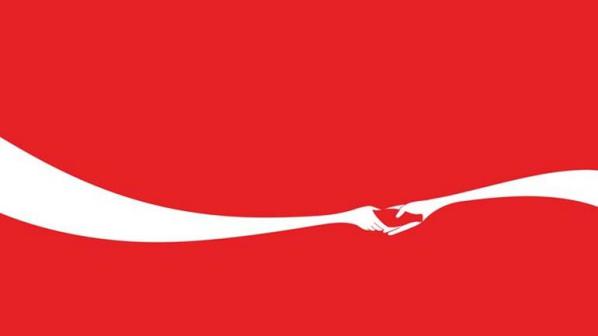
Local Idea Goes Global
Share a Coke
10-11-2013
In 2011, Australia launched an innovative and awarding winning campaign, that would go on to be rolled out across the globe. Developed locally, ‘Share a Coke’ immediately caused a sensation both here and overseas.
It was a simple idea – put 150 of Australia’s most popular names on the front of millions of Coca‑Cola bottles. And this simple idea captured the nation and led to the launch of the campaign in countries around the world including the United Kingdom, Israel, Norway, and China with more countries expected to launch in the next 6 months.
At the time of launch, Lucie Austin, then Marketing Director for Coca‑Cola South Pacific said of the campaign, “We are using the power of the first name in a playful and social way to remind people of those in their lives they may have lost touch with, or have yet to connect with."
“This is the first time in its 125-year history that Coca‑Cola has made such a major change to it's packaging and the limited edition bottles are expected to fly off shelves as people search for their friend’s names.”
And she was right. Over the summer of 2011/2012, Australians scrambled to find their friends names, lined up for hours to get names printed on mini cans and sparked social media conversations that took the message international.
The campaign included plenty of firsts for the Australian business. Sydneysiders were able to text their names and have them appear on the iconic Kings Cross Coke billboard. Facebook and smartphone apps encouraged people to personalise Coke products and even their own TV ad, before sharing their creations with friends and family.
Around the World





The reception of the "Share a Coke" campaign in Australia led to other countries in the Coca‑Cola System adapting the campaign and finding their own unique take on the concept.
In China, “nicknames” were printed on the packs instead of first names. And Jonathan Mak was chosen to generate a design inspired by “Share a Coke”. Jonathan Mak is a student at Hong Kong Polytechnic, most famous for editing the Apple logo in remembrance of Steve Jobs. Jonathan’s re-working of the Coca‑Cola Dynamic Ribbon device to depict two hands sharing a Coke won Grand Prix at the Cannes Festival of Creativity in 2012, making him the youngest person ever to do so.
In Norway, Coke cans appeared on television in Norwegian Idol, while in London Kings of Leon tweeted photos of their bottles to 78,000 followers.
Scandinavia recruited people prior to launch to be in the TV, cinema, video and outdoor ads. Their ads featured people talking about who they would give a named pack to.
Building on the work the Australian team did with the Kings Cross sign, Israel used cutting edge geofence technology to turn the country’s most visible billboards into interactive signs that greeted people by name. Signs of the times, indeed.
In every country the campaign has been a success because of the positive experience of connecting with friends– an essential and universal part of the human experience.
Read Time
What others are reading
More to enjoy